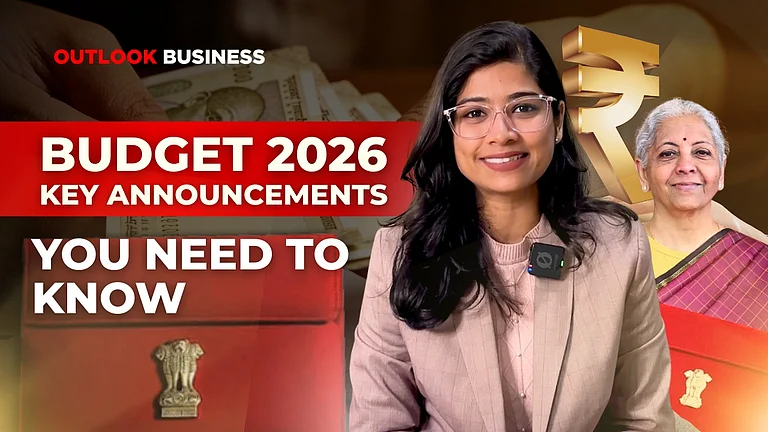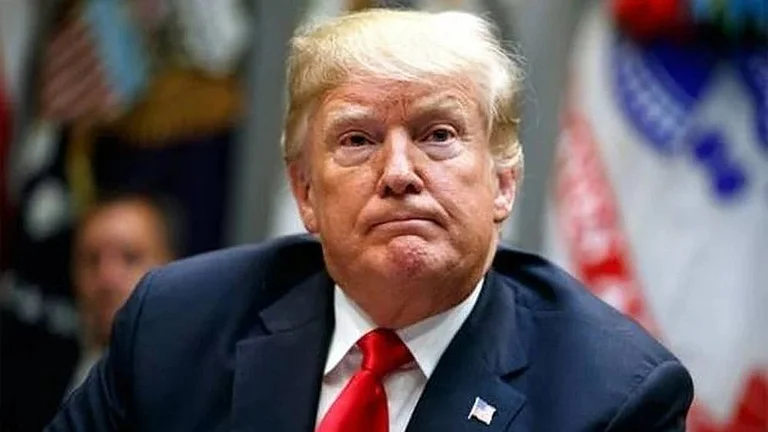US President Donald Trump signed into a sweeping tax and spending package into law amid Fourth of July Independence Day celebrations, pushing through what he branded the "Big Beautiful Bill," a centrepiece of his second-term agenda.
The bill, passed narrowly in both chambers of Congress, enforces permanent tax cuts from Trump’s first term, slashes spending across key areas, overhauls healthcare access, and removes incentives for clean energy. It also channels significant funding towards immigration enforcement, making it one of the most comprehensive policy packages taken forward by the current administration.
Speaking at the signing ceremony at the White House, Trump framed the bill as a landmark achievement. “It’s the most popular bill ever signed in the history of the country,” he declared. “What we’ve done is put everything into one bill. We’ve never had anything like that before.”
The ceremony, held on 4 July, took on the air of a political rally, with military flyovers and a crowd of supporters in attendance. “So you have the biggest tax cut, the biggest spending cut, the largest border security investment in American history,” Trump said.
He further declared, “Promises made, promises kept, and we’ve kept them.”
The bill passed the Senate with Vice President J.D. Vance casting the tie-breaking vote. In the House of Representatives, it cleared by a narrow margin of 218 to 214, with just two Republicans voting against it. All Democrats opposed the measure.
Democratic lawmakers criticised the legislation as regressive, arguing it prioritises tax breaks for the wealthy while cutting back healthcare and food assistance for low-income Americans. House Minority Leader Hakeem Jeffries delivered a marathon speech during the floor debate, describing the bill as “a betrayal of working families.”
Meanwhile, industry experts have flagged the bill’s potential fiscal impact. Analysts estimate the legislation could add more than $3 trillion to the national debt, currently standing at $36.2 trillion. Republican leaders, however, insist the reforms will spur long-term economic growth and restore disciplined budget spending.
Despite these assurances, internal dissent among Republicans centred on the size of the spending cuts and their effect on federal health programmes. Nonetheless, the party rallied around the legislation, touting it as a fulfillment of long-standing policy pledges.
The rollback of clean energy incentives and social safety nets signals a clear departure from the policy priorities of the previous administration, while reinforcing Trump's hardline stance on immigration and federal spending.
On the other hand though, critics have warned the bill could become a political liability in the 2026 midterm elections.


































